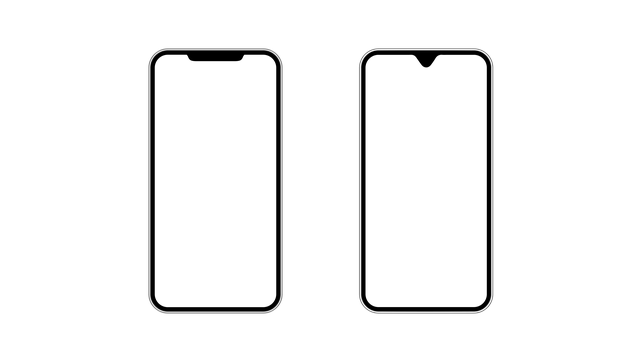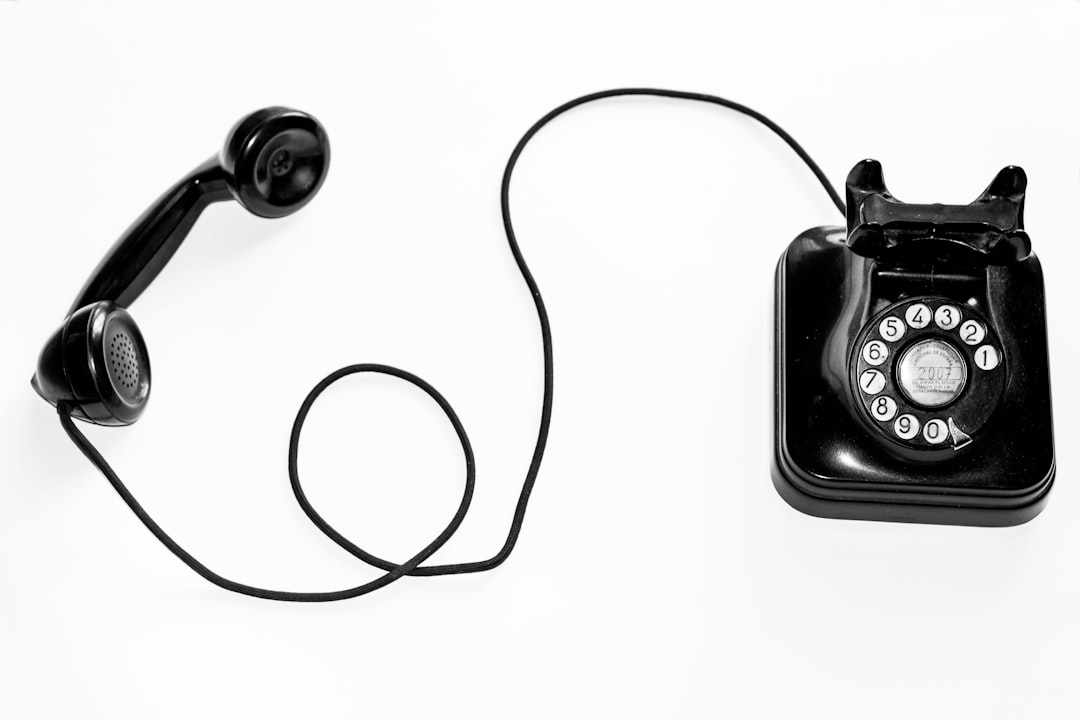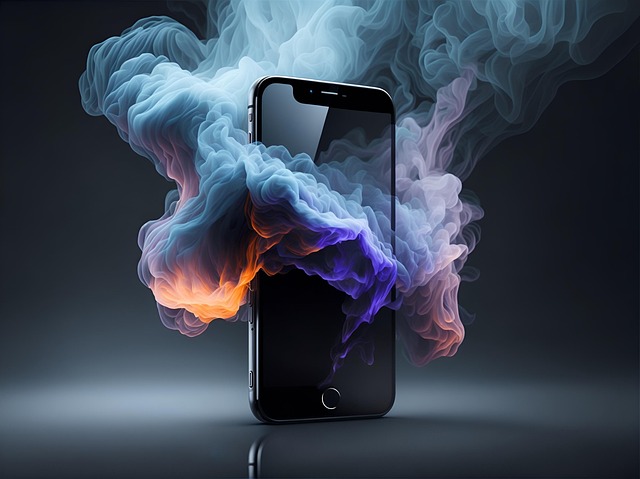In North Carolina, the Telephone Consumer Protection Act (TCPA) regulates unwanted phone calls. Only businesses with legitimate purposes can make sales calls, and consent is required for automated or pre-recorded messages. Persistent or harassing calls, especially after requesting they stop, may violate the TCPA. Residents experiencing unwanted calls from specific entities or using incorrect numbers can consult a specialized Unwanted Call Lawyer North Carolina (or similar) to understand their rights and take legal action. Reputable Unwanted Call Law Firms NC offer guidance and representation for damages related to harassment or privacy invasion caused by unsolicited calls.
In today’s digital age, navigating unwanted phone calls has become a significant concern. Many individuals in North Carolina are left confused about their rights when it comes to unsolicited contact via telephone. This article aims to dispel common misconceptions surrounding who can legally reach out to you by phone. We’ll explore the laws protecting against unwanted calls, when it’s appropriate to take legal action, and your rights as a North Carolina resident, guided by expert insights from leading unwanted call lawyers and attorneys in the state. Understanding these guidelines is crucial for asserting control over your communication privacy.
Who Is Allowed to Contact You by Phone?
In North Carolina, like many other states, there are strict laws regarding unwanted phone calls, also known as telemarketing or sales calls. While it might seem that anyone could potentially contact you by phone, certain regulations limit who can do so legally. Generally, only businesses and organizations with a legitimate business purpose may call you. This includes companies offering products or services you’ve expressed interest in, or those seeking to renew existing contracts or accounts.
However, there are exceptions. Non-profit organizations, political campaigns, and individuals making calls for religious purposes are also permitted under certain conditions. But be wary of calls from unknown numbers or those using auto-dialers, as these are often associated with unwanted telemarketing. If you’re receiving excessive or nuisance calls, an unwanted call lawyer North Carolina, or one from a reputable law firm specializing in this area (unwanted call law firms NC), can help you understand your rights and take the necessary steps to stop such calls.
Understanding the Laws Against Unwanted Calls
In North Carolina, like many states, there are strict laws in place to protect individuals from unwanted phone calls. The Telephone Consumer Protection Act (TCPA) and state-specific regulations govern how businesses and individuals can contact consumers by phone. A common misconception is that any call received on a personal or business line is acceptable, but this isn’t always the case. Many people believe that if they don’t recognize the number, it’s automatically considered an unwanted call, but there are nuances to this rule. For instance, marketing and informational calls from legitimate businesses may still be allowed under specific conditions, such as prior consent or a business relationship.
To clarify, an unwanted call is generally defined as any phone call made using an automatic dialing system (ATS) or pre-recorded message without the recipient’s explicit consent. This includes sales calls, collections attempts, and other telemarketing activities. If you’re facing persistent unwanted calls in North Carolina, consulting with a lawyer specializing in this area—an unwanted call lawyer or unwanted call attorney in North Carolina, or at a reputable unwanted call law firm NC—can help you understand your rights and available legal recourse. These professionals can guide you through the complex laws surrounding unwanted calls to ensure your privacy and peace of mind.
When Is It Considerable to Take Legal Action?
In North Carolina, understanding when to take legal action regarding unwanted calls is a crucial step in protecting your rights. While many people may receive telemarketing or sales calls that they consider intrusive, not all unwanted calls are created equal. The key to determining whether legal action is warranted lies in the frequency and intent of the calls, as well as the information shared during these interactions.
If you consistently receive calls from a particular entity or individual despite multiple requests to stop, it may indicate a violation of the Telephone Consumer Protection Act (TCPA). Additionally, any call that facilitates prerecorded messages, automated dialers, or calls made with knowledge of an incorrect number can be grounds for legal action. North Carolina residents who feel their privacy has been invaded or who have suffered financial harm due to unwanted calls may consult a qualified unwanted call lawyer or unwanted call attorney in North Carolina (NC) to explore their legal options. Reputable unwanted call law firms NC can provide guidance and represent clients in pursuing damages for harassment, intrusion, or other related issues.
Your Rights and Resources in North Carolina
In North Carolina, consumers have certain legal rights when it comes to unwanted phone calls. The Telephone Consumer Protection Act (TCPA) restricts how businesses and individuals can contact you via telephone. If you’re receiving harassing or unsolicited calls, know that you have options. A unwanted call lawyer North Carolina or unwanted call attorney NC can help you understand your rights and take appropriate action.
Many people don’t realize that they can file a complaint against violators with the Federal Trade Commission (FTC) and even seek damages through litigation. Reputable unwanted call law firms North Carolina are equipped to guide clients through this process, ensuring their rights are protected under state and federal laws. Don’t let persistent or invasive calls disrupt your peace; reach out to a qualified unwanted call lawyer NC for support.






